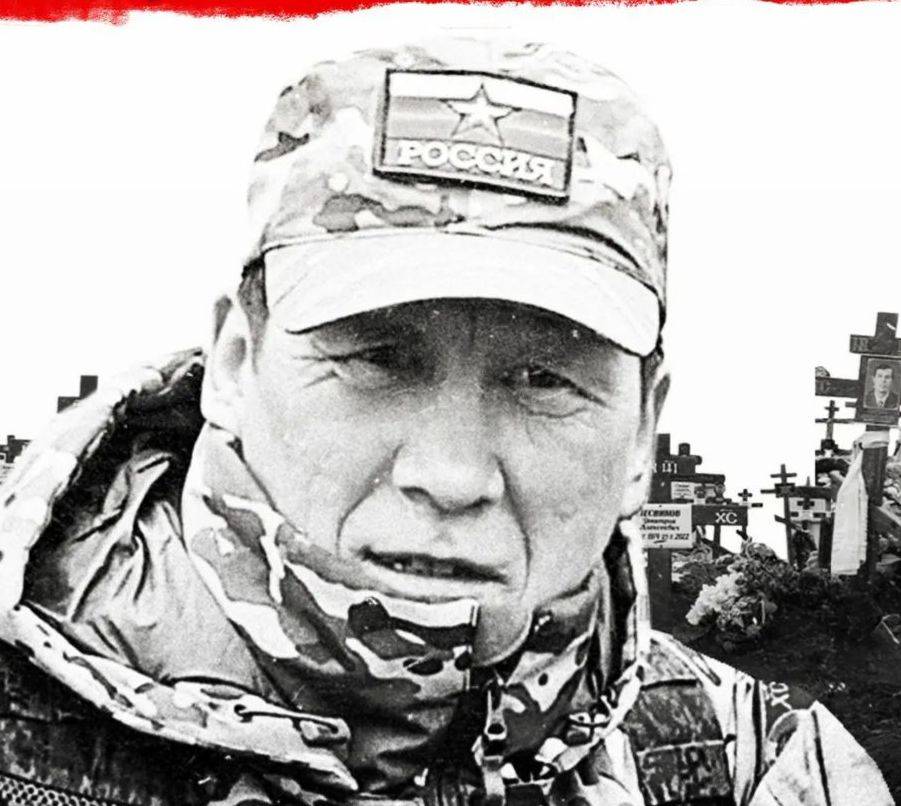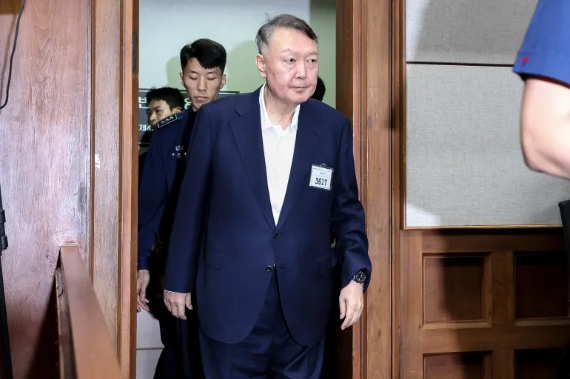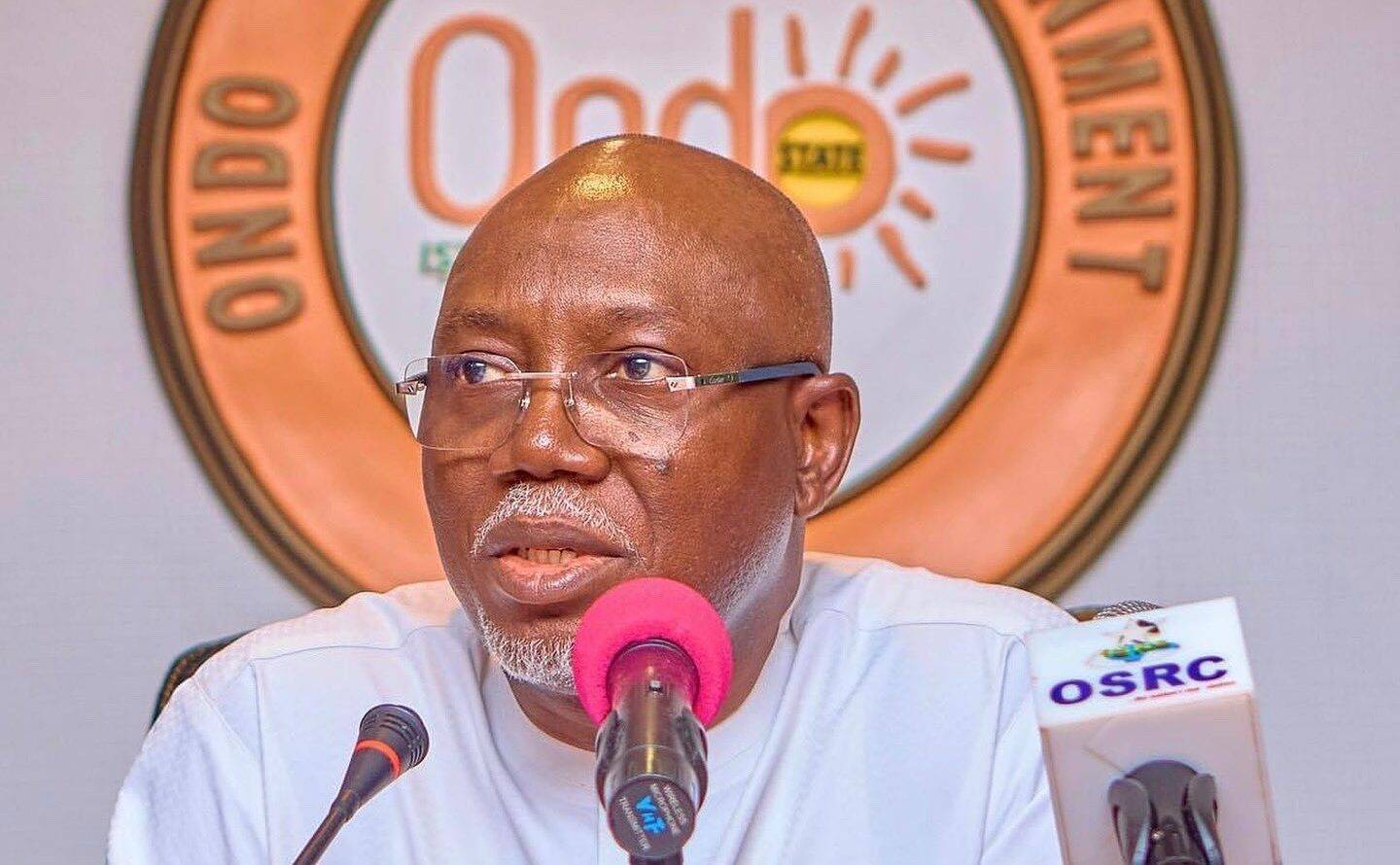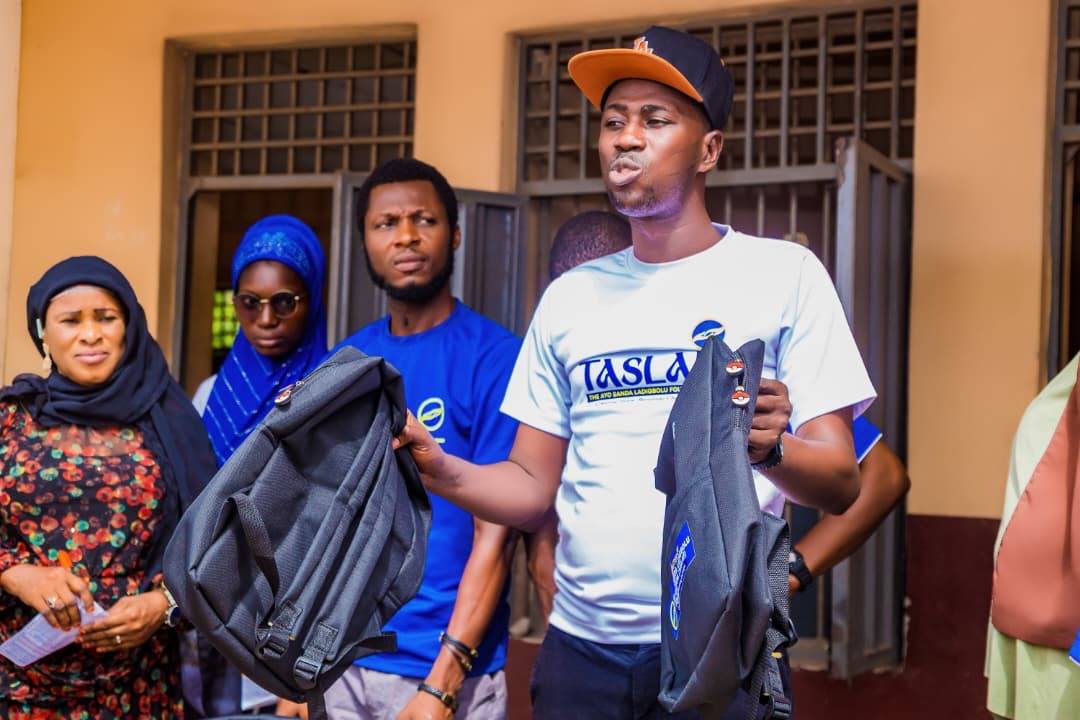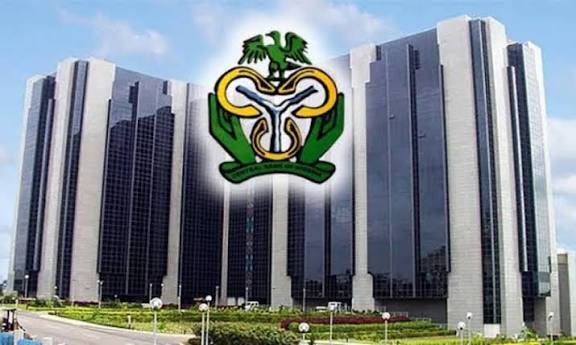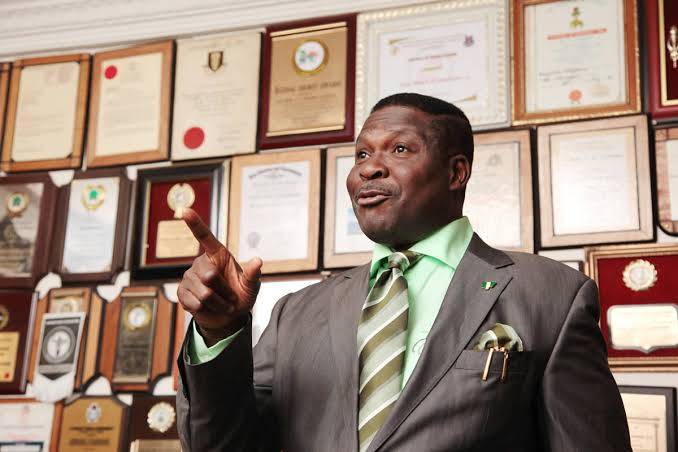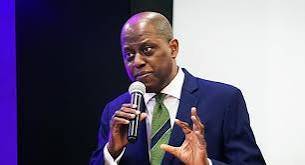AFTER the shooting incident involving Borno State Governor, Prof. Babagana Zulum, about a fortnight ago which prompted a combined solidarity response by other state governors, President Muhammadu Buhari, last week as usual, summoned his service chiefs and asked them to “rejig” the serially-failed security structure of his government.
Security experts say that was the 32nd such meeting between the president and his chief security and defence appointees saddled with the responsibility of tackling one of the three priorities of his administration since 2015: security.
Apparently, the president does this each time there is an outcry over our worsening security; yet more of the same is the order of the day.
Obviously, the Buhari regime believes that repeating the same failed strategy will somehow eventually solve the problem. We find it very curious that a president who recently told these Service Chiefs: “your best is not good enough”, still keeps them in office contrary to public clamour and resolutions by the National Assembly that the service chiefs have nothing more to offer the nation and must go.
Security experts have opined, and we concur, that as imperative as it is that the service chiefs should go, the real change needed to turn the situation around is that of mindset. It is mindset that produces architecture and strategies for successful implementation of policy and prosecution of wars.
The question that must be answered is: Who is really in charge of our security? Who calls the shots? The Commander-in-Chief appears to depend on his service chiefs to “go and do their job”. What interests in our security are paramount to the president and his ruling clique?
This question is germane because the security challenge posed by herdsmen militias has not even been officially recognised as a threat to Nigerians despite the thousands of people whom these forest-dwelling felons have killed, raped, kidnapped and displaced from their communities.
What about the declaration of unarmed protesters as terrorists and flooding of the South-East and South-South highways with thousands of military and police personnel whose services are better needed to tackle Boko Haram, the North West bandits and killer herdsmen?
This misplaced perception of our security challenges and inappropriate distribution of personnel, added to corruption, sabotage, conflict of interests, poor equipment and diminishing morale are hampering this nation’s capacity to defend itself from mere ragtag armed groups.
Nigeria, which won a civil war 50 years ago and restored peace to Liberia and Sierra Leone, can only reclaim its security and stability if the right mindset is applied.


